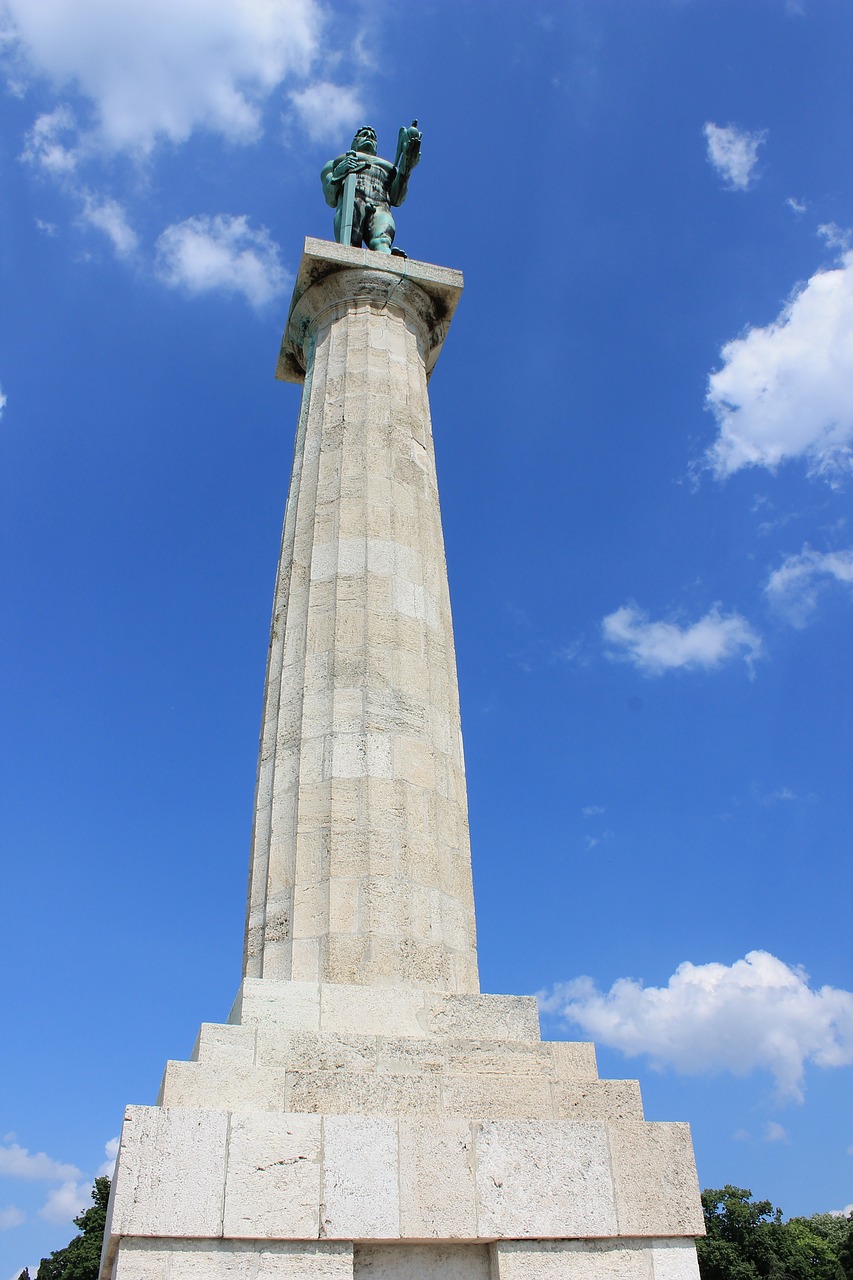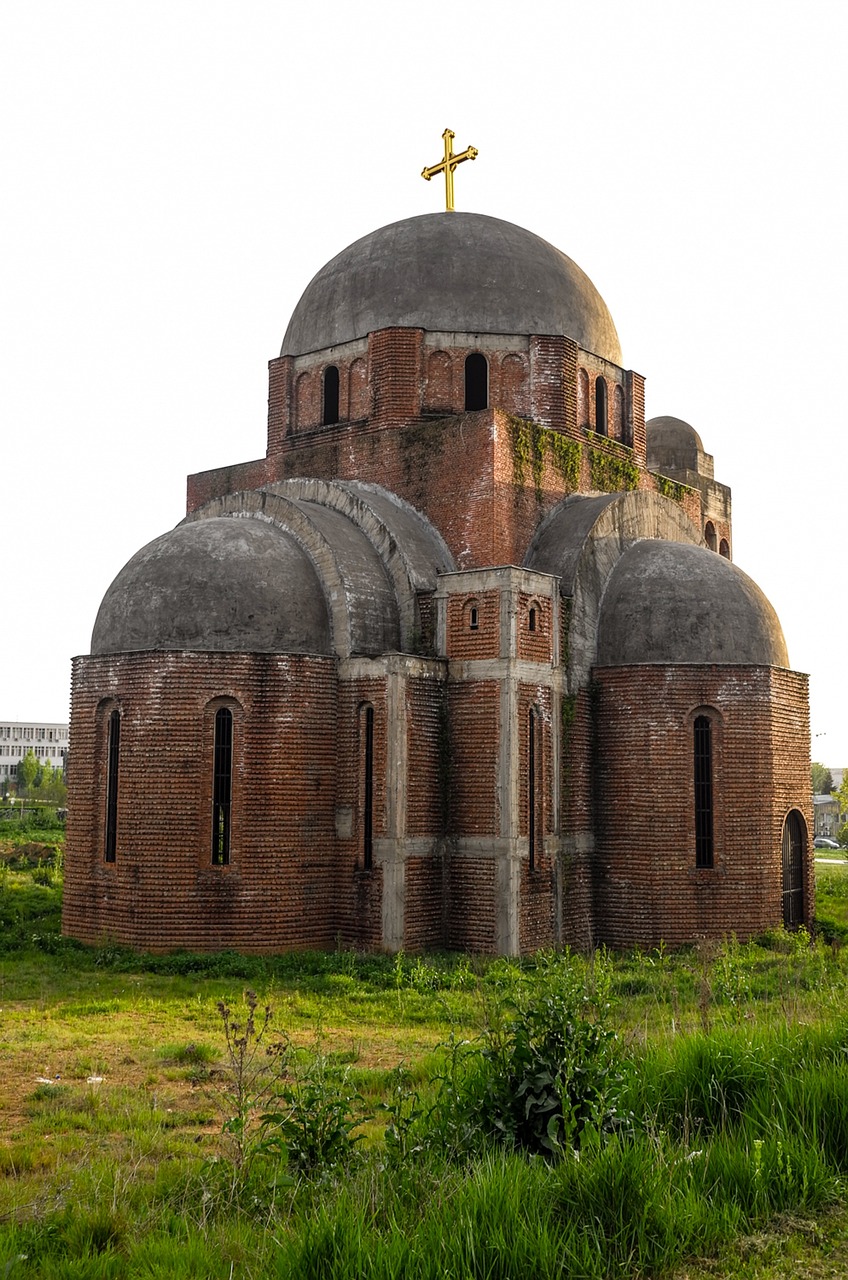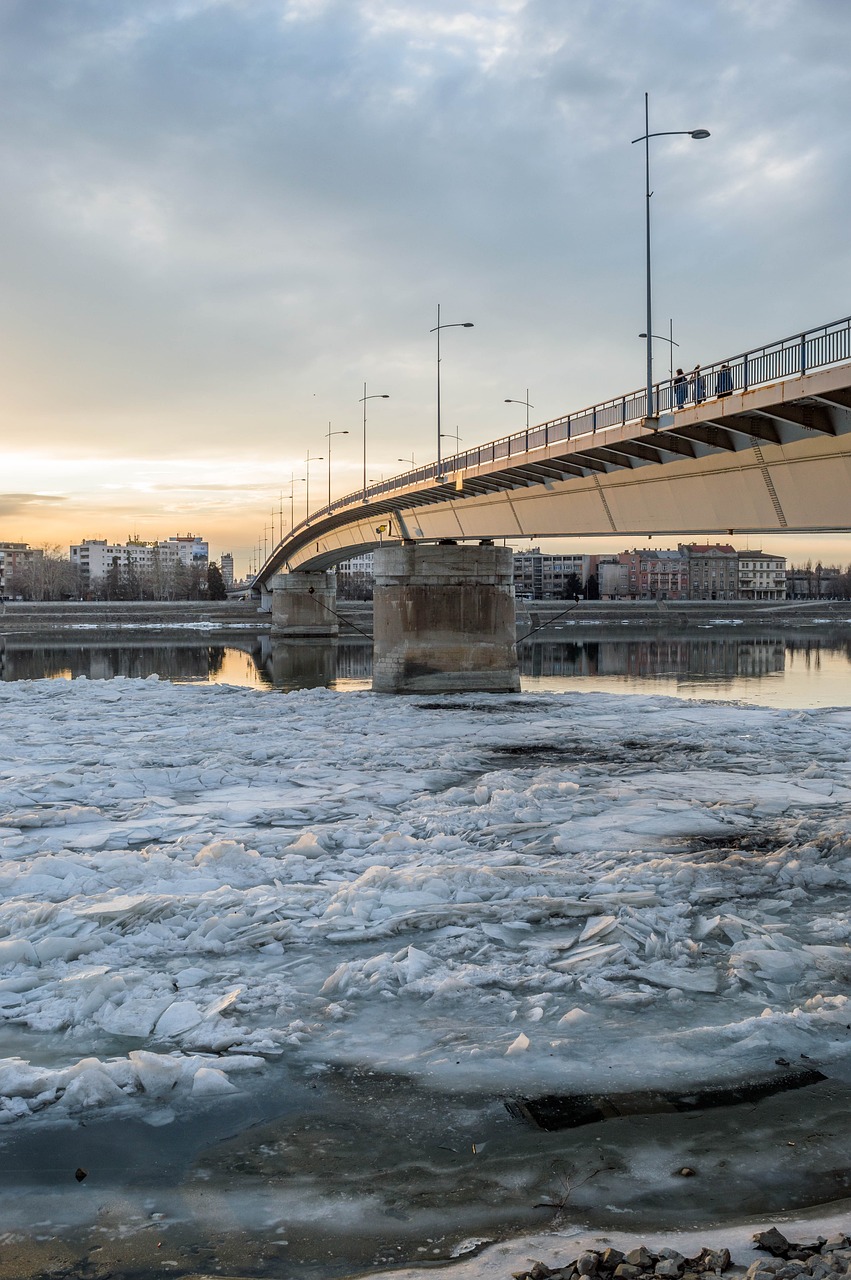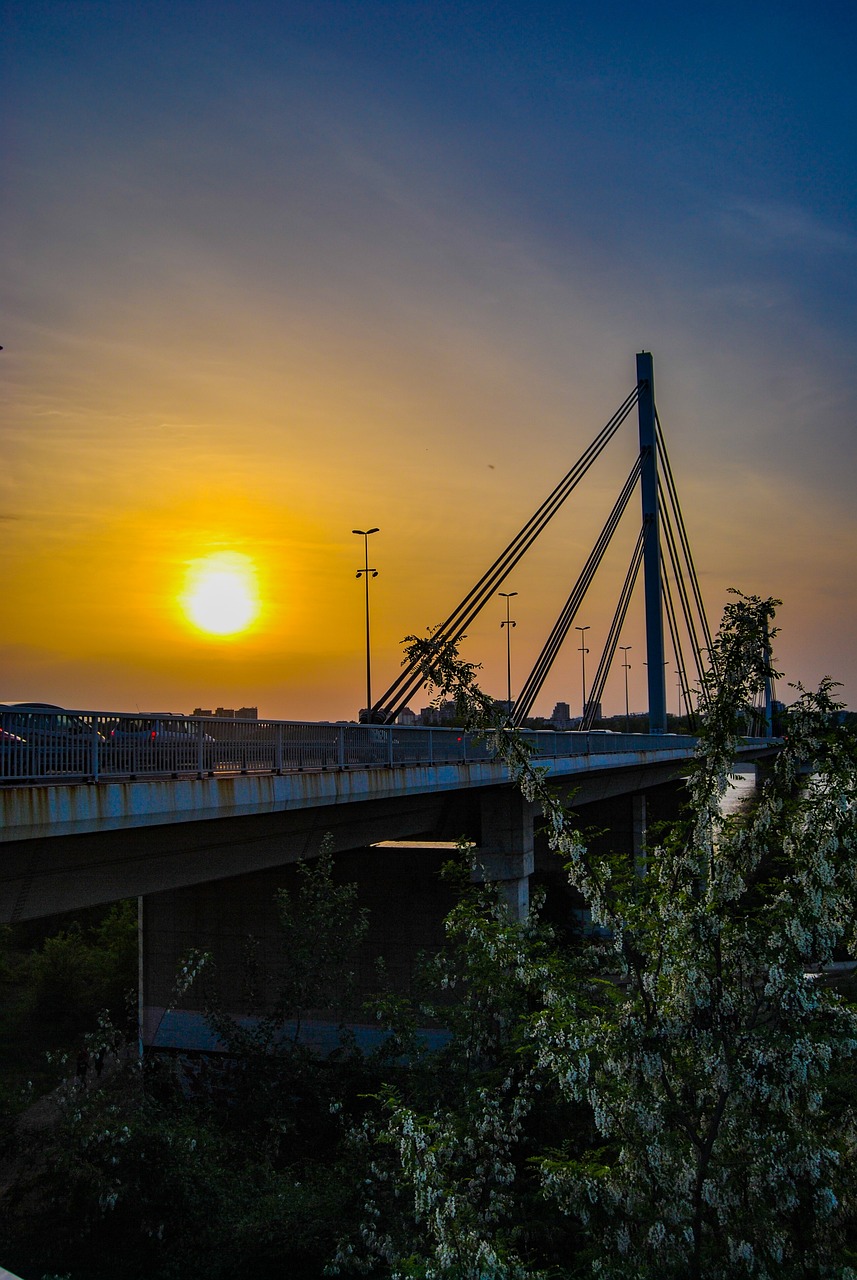Local Celebrations and Holidays: What to Expect in Serbia
Serbia, a beautiful country located in the heart of the Balkan Peninsula, has a rich cultural heritage and a long history of traditions and celebrations. From religious holidays to national festivals, Serbia offers a diverse range of festivities throughout the year. In this article, we will explore some of the most significant local celebrations and holidays in Serbia, providing you with a glimpse into the vibrant cultural tapestry of this fascinating country.
Christmas
Christmas is one of the most important religious holidays in Serbia, celebrated on January 7th according to the Julian calendar. The festivities begin on Christmas Eve, known as Badnje Veče, with the burning of the Yule log and the setting up of a Christmas tree. Families gather for a festive meal, which often includes traditional dishes such as roasted pig or turkey. The midnight church service is a key part of the celebration, followed by exchanging gifts and visiting friends and relatives.
- Badnje Veče: The evening before Christmas, families gather to burn the Yule log and set up the Christmas tree.
- Midnight Church Service: Attending the midnight church service is a significant part of the Christmas celebration in Serbia.
- Gift Exchange: Exchanging gifts is a common tradition among family and friends during Christmas.
- Visiting Relatives: Christmas is a time to visit relatives and spend quality time together.
Slava
Slava is a unique Serbian tradition that celebrates the family’s patron saint. Each family has its own Slava, passed down through generations. The celebration involves a religious service at home, followed by a festive meal with close family and friends. The host prepares a special Slava cake and serves it with a traditional alcoholic beverage called rakija. Slava is a deeply personal and cherished tradition, showcasing the strong ties between family members and their faith.
- Religious Service: The celebration starts with a religious service dedicated to the family’s patron saint.
- Festive Meal: After the service, a lavish meal is prepared and shared with loved ones.
- Slava Cake: A special Slava cake, often decorated with the family’s patron saint, is an essential part of the celebration.
- Rakija: Rakija, a traditional Serbian alcoholic beverage, is commonly served during Slava.
Easter
Easter, the most significant Christian holiday, is celebrated with great enthusiasm in Serbia. The festivities begin on Good Friday with the decorating of Easter eggs, followed by the midnight church service on Holy Saturday. On Easter Sunday, families gather for a festive meal that typically includes roasted lamb, ham, and various traditional bread and pastries. The highlight of Easter is the egg cracking game, where people compete to see whose egg remains uncracked.
- Decorating Eggs: Good Friday is dedicated to decorating Easter eggs using various techniques and colors.
- Midnight Church Service: The midnight church service on Holy Saturday is a significant part of the Easter celebration.
- Festive Meal: Easter Sunday brings families together for a delicious meal, often featuring roasted lamb and traditional delicacies.
- Egg Cracking Game: The egg cracking game is a fun tradition where people compete to keep their egg intact.
Slava of Belgrade
Belgrade, the capital city of Serbia, has its own Slava dedicated to the city’s patron saint, Saint Archangel Michael. The celebration takes place on November 21st and is marked by various cultural events, religious services, and concerts. Belgraders gather in the city center to enjoy traditional music, dance performances, and delicious Serbian cuisine. The Slava of Belgrade is a vibrant celebration that showcases the city’s rich history, culture, and community spirit.
- Cultural Events: The Slava of Belgrade is accompanied by various cultural events, including music, dance, and art exhibitions.
- Religious Services: Special church services dedicated to Saint Archangel Michael are held throughout the city.
- Concerts: Renowned musicians perform live concerts, entertaining the crowds with Serbian music.
- Serbian Cuisine: Food stalls offer a wide range of traditional Serbian dishes, allowing visitors to indulge in local flavors.
Music Festivals
Serbia is known for its vibrant music scene and hosts several popular music festivals throughout the year. Exit Festival, held in Novi Sad, is one of the biggest music festivals in Europe, attracting both local and international artists. Guča Trumpet Festival, held in the small town of Guča, celebrates traditional Serbian brass music and attracts thousands of visitors each year. These festivals offer a unique opportunity to experience Serbian music, dance, and culture in a lively and festive atmosphere.
- Exit Festival: Novi Sad hosts the renowned Exit Festival, featuring a diverse lineup of local and international artists.
- Guča Trumpet Festival: The Guča Trumpet Festival showcases traditional Serbian brass music and attracts music enthusiasts from around the world.
- Music and Dance: Music festivals in Serbia offer a chance to experience traditional Serbian music and dance styles.
- Cultural Exchange: These festivals bring together people from different backgrounds, fostering cultural exchange and appreciation.
Serbia Image 1:

Summer Festivals
During the summer months, Serbia comes alive with a variety of festivals that cater to different interests. The Nisville Jazz Festival in Niš attracts jazz enthusiasts from around the world, offering top-class performances in a picturesque setting. The Film Street Festival in Novi Sad showcases independent films and provides a platform for emerging filmmakers. Additionally, the Guča Trumpet Festival mentioned earlier is also held during the summer, attracting music lovers and creating a lively atmosphere in the town of Guča.
- Nisville Jazz Festival: The Nisville Jazz Festival is a must-visit for jazz lovers, featuring renowned musicians and a vibrant atmosphere.
- Film Street Festival: The Film Street Festival in Novi Sad celebrates independent films and provides a platform for emerging filmmakers.
- Summer Vibes: Summer festivals in Serbia offer a unique blend of music, film, and cultural experiences.
- Enchanting Locations: Many festivals take place in picturesque locations, adding to the overall ambiance and charm.
Belgrade Beer Fest
The Belgrade Beer Fest is one of the largest beer festivals in Southeast Europe, attracting beer enthusiasts from all over the region. Held annually in Belgrade, the festival offers a wide selection of local and international beers, accompanied by live music performances. Visitors can enjoy various beer tastings, traditional food, and engage in lively conversations with fellow beer lovers. The Belgrade Beer Fest is a fantastic opportunity to immerse yourself in Serbian beer culture and experience the city’s vibrant atmosphere.
- Beer Selection: The festival showcases a diverse range of local and international beers, allowing visitors to explore different flavors.
- Live Music: Bands and musicians perform live on multiple stages, creating a lively and energetic atmosphere.
- Food Pairings: Traditional Serbian food stalls offer delicious dishes that pair perfectly with the beer selection.
- Community Spirit: The festival brings together beer enthusiasts, fostering a sense of community and camaraderie.
Serbia Image 2:

Novi Sad Exit Festival
The Novi Sad Exit Festival is a world-renowned music festival that takes place in the picturesque Petrovaradin Fortress. It attracts music lovers from around the globe with its diverse lineup of international and local artists. The festival offers a unique atmosphere, blending the historical setting of the fortress with the energy of live music performances. Visitors can enjoy a wide range of music genres, explore art installations, and indulge in delicious food from various vendors. The Novi Sad Exit Festival is an unforgettable experience for music enthusiasts and cultural explorers.
- Petrovaradin Fortress: The festival takes place in the stunning Petrovaradin Fortress, providing a unique backdrop for the performances.
- Diverse Music: The lineup includes a wide range of music genres, catering to different musical tastes.
- Art Installations: The festival showcases captivating art installations, adding an artistic touch to the overall experience.
- Street Food: Food vendors offer a variety of delicious street food options, satisfying hungry festival-goers.
Traditional Wedding Celebrations
Traditional Serbian wedding celebrations are a sight to behold, filled with customs, rituals, and joyful festivities. The celebrations often last for several days and involve intricate traditions such as the “picking up the bride” ceremony, the “bread-breaking” ceremony, and the lively “kolo” dance. Traditional music, colorful costumes, and elaborate decorations create a vibrant and festive atmosphere. Attending a traditional Serbian wedding is a unique opportunity to witness cultural traditions and experience the warmth and hospitality of the Serbian people.
- Picking up the Bride: The groom and his wedding party visit the bride’s home to pick her up, accompanied by music and dancing.
- Bread-Breaking Ceremony: The newlyweds break a loaf of bread together, symbolizing their shared future and prosperity.
- Kolo Dance: The kolo, a traditional Serbian circle dance, is performed by guests to celebrate the union of the couple.
- Colorful Festivities: Traditional weddings are characterized by vibrant decorations, music, and joyful celebrations.
Serbia Image 3:

National Day
Serbia celebrates its National Day on February 15th, commemorating the First Serbian Uprising against the Ottoman Empire in 1804. The day is marked by various events, including military parades, cultural performances, and fireworks displays. Belgrade, as the capital city, hosts the main festivities, attracting both locals and visitors. National Day is an important occasion to honor Serbian history, independence, and national pride.
- Military Parades: The celebration often includes impressive military parades showcasing the strength and unity of the Serbian armed forces.
- Cultural Performances: Folk dances, traditional music, and theatrical performances highlight Serbia’s rich cultural heritage.
- Fireworks: Spectacular fireworks displays light up the night sky, creating a festive and celebratory atmosphere.
- Patriotic Spirit: National Day brings together people from all walks of life to celebrate their shared Serbian identity and history.
Conclusion
Serbia’s local celebrations and holidays offer a fascinating insight into the country’s rich cultural heritage and traditions. From religious festivities like Christmas and Easter to unique traditions like Slava and traditional wedding celebrations, Serbia embraces its cultural diversity with great enthusiasm. The country’s music festivals and national day celebrations also provide opportunities to experience the vibrant spirit and community atmosphere. Whether you’re a visitor or a resident, participating in these celebrations is a wonderful way to immerse yourself in Serbian culture, create lasting memories, and forge connections with the warm and welcoming Serbian people.
References
- Visit Serbia – www.visitserbia.org
- Exit Festival – www.exitfest.org
- Guča Trumpet Festival – www.gucafestival.rs
- Belgrade Beer Fest – www.belgradebeerfest.com
- Nisville Jazz Festival – www.nisville.com
- Film Street Festival – www.fsf.rs

